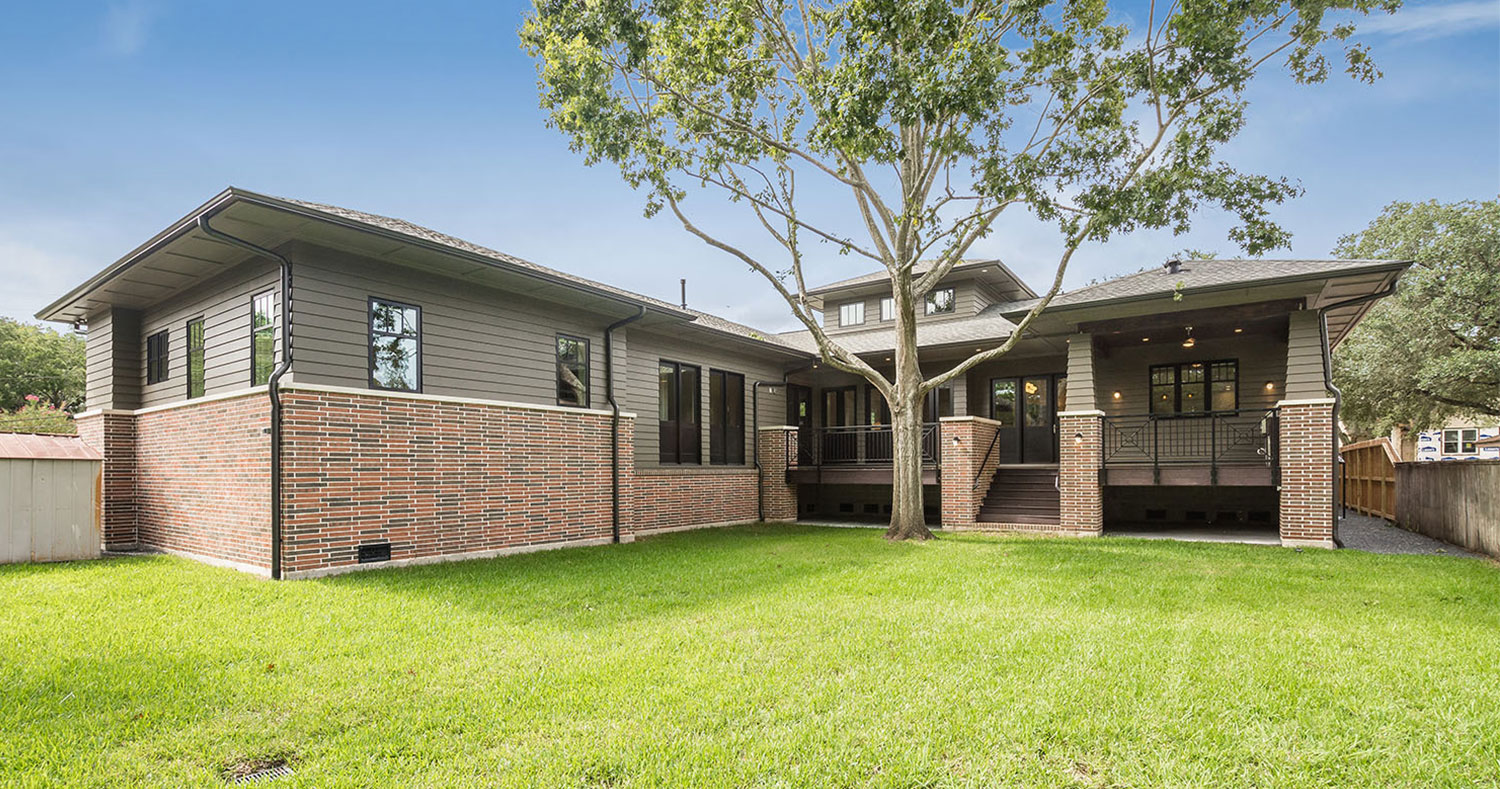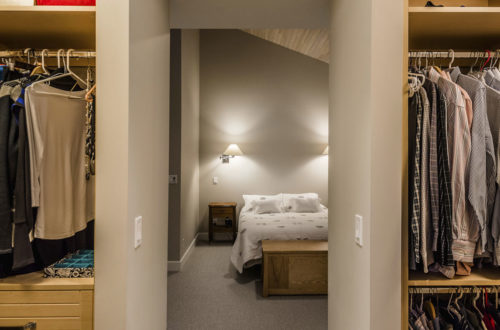So what exactly is Net Zero and what’s all the buzz? More specifically, Why should I care? Great question, Let’s break it down.
The Canadian Home Builders Association defines a Net Zero Energy Home as follows:
“A NZE home is one that is designed, modeled and constructed to produce as much energy as it consumes on an annual basis”.
That’s it, pretty simple when you think about it, and not as difficult to achieve as one might think. Now there are a few other variables that are taken into account but that is the basic premise.
Why should you care? Well that is a question with many answers and the reasons are widely varied and personal. Here are some general known facts as well as some answers to this question:
Climate change is caused by human influence through carbon emissions by the burning of fossil fuels. The debate is over. It is widely accepted that the planet is warming up at an accelerated rate due to our actions as a species and if we adopt responsible building practices, we can have a substantial impact on the rate of our energy consumption.
Conventional buildings as currently designed aren’t exactly energy efficient. In fact they consume up to 40 percent of global energy use and contribute up to 30 percent of annual global greenhouse gas emissions.
If you were to build your next home to Net Zero standards, it will, by definition and practice, be upwards of 70% more energy efficient than a standard code built home. That is quite an impact. In today’s terms, you would stand out among the crowd and your home would become increasingly more desirable as codes require higher levels of energy efficiency.
In 8 to 13 years (2025 in Vancouver and 2030 in Toronto), as new legislation is adopted, you likely will not have a choice. Net Zero will be the baseline code compliance for all new construction. In fact, many municipalities across North America are adopting these code standards on a much shorter timeline. i.e. Santa Monica, California is now required to build all new homes to this standard, it has become their building code base line.
Also being considered is future legislation requiring energy audits to be performed at the time of sale for all homes, for both new and existing home stock. For the first time, our homes will be measured on how many “gigajoules” they consume on an annual basis.
This begs the question; if you were in the market to purchase a new home, how important would this be to you as a consumer? As a seller, the question becomes even more obvious. Will someone pay more for an energy efficient home? The studies show this is actually the case.
So how do you establish whether the costs outweigh the benefit? We will break down the numbers for you in our next chat, and provide some compelling evidence!





